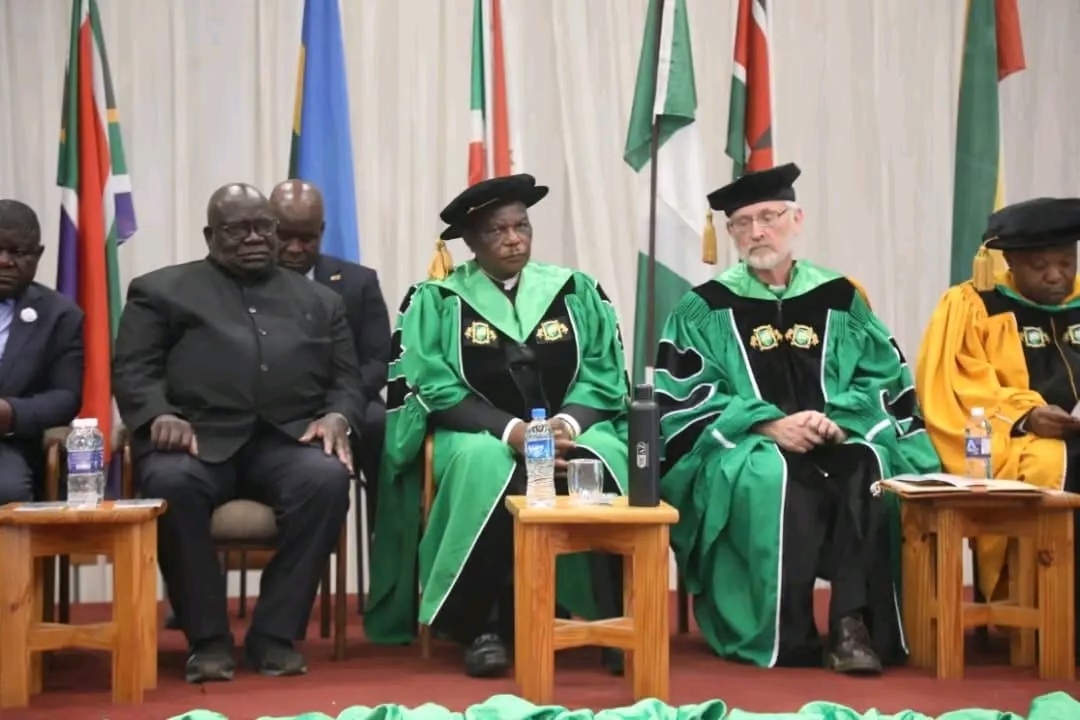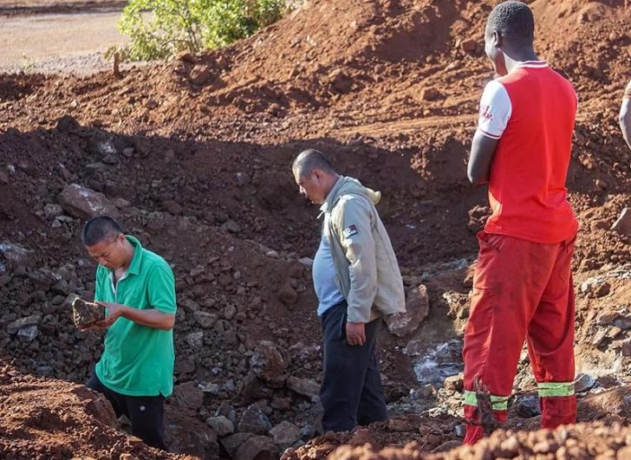
By Aldridge Dzvene
Vice President of the Republic of Zimbabwe, General (Rtd) Dr Constantino G.D.N. Chiwenga, has placed ethics at the heart of education and education at the centre of development, arguing that universities must produce innovators who are also men and women of conscience if Zimbabwe is to industrialise sustainably under Education 5.0.
The academic opening assembly at Arupe Jesuit University did more than mark a new year, it clarified a national thesis. In remarks delivered after a Catholic mass that anchored the ceremony in faith and reflection, the Vice President, General (Rtd) Dr Constantino G.D.N. Chiwenga, commended higher and tertiary institutions for building human capital, and then set a higher bar: knowledge without ethics is an incomplete education, and ethics without competence cannot build a country. The task, he insisted, is to graduate citizens who carry both.
At policy level, Education 5.0 already tasks universities to teach, research, serve communities, innovate, and drive industrialisation. The Vice President’s intervention sharpened that agenda by insisting that every laboratory breakthrough and start-up pitch must be tethered to a moral framework, one that respects life, community, and the public good. This is not window dressing. Ethics lowers transaction costs, raises trust, and makes partnerships bankable. Firms hire faster when they trust professional standards, financiers release capital when governance signals are strong, and communities cooperate when they recognise service before self.
Arupe’s Jesuit identity makes it a natural proving ground for this convergence. Formation of character, service learning, and intellectual rigour are core to the Jesuit tradition, and they align cleanly with the national demand for innovators who can also be custodians of public interest. The Acting Vice Chancellor, Dr Stephen Buckland, urged students to internalise that ethos, reminding them that university years set an agenda for life. New learners echoed the point: pledging to be moulded academically and spiritually, aiming to contribute meaningfully in fields like software engineering, and affirming responsibility that crosses borders, as voiced by an international student from Kenya. These are not sentimental gestures, they are inputs into national capability.
Look deeper and the development math becomes clear. When ethics is embedded in curricula, three multipliers follow. First, quality and safety improve: research integrity rises, plagiarism falls, and professional codes reduce malpractice in health, engineering, law, and finance. Second, innovation becomes investable: start-ups with transparent governance clear due diligence faster and attract patient capital. Third, public institutions regain credibility: ethical leadership within schools and universities produces civil servants and private managers who can steward reforms without leakages.
To turn this philosophy into results, the system needs hard instruments, not only homilies. Universities should mainstream ethics across all programmes, not as a single module but as a through-line in design studios, clinical rotations, code reviews, and fieldwork. Assessment must test judgment as well as skill. Industry advisory boards should help define professional standards, and internship agreements should include conduct benchmarks, whistle-blower protections, and anti-corruption clauses. On campus, research offices must enforce data stewardship and conflict-of-interest rules. In communities, service projects




